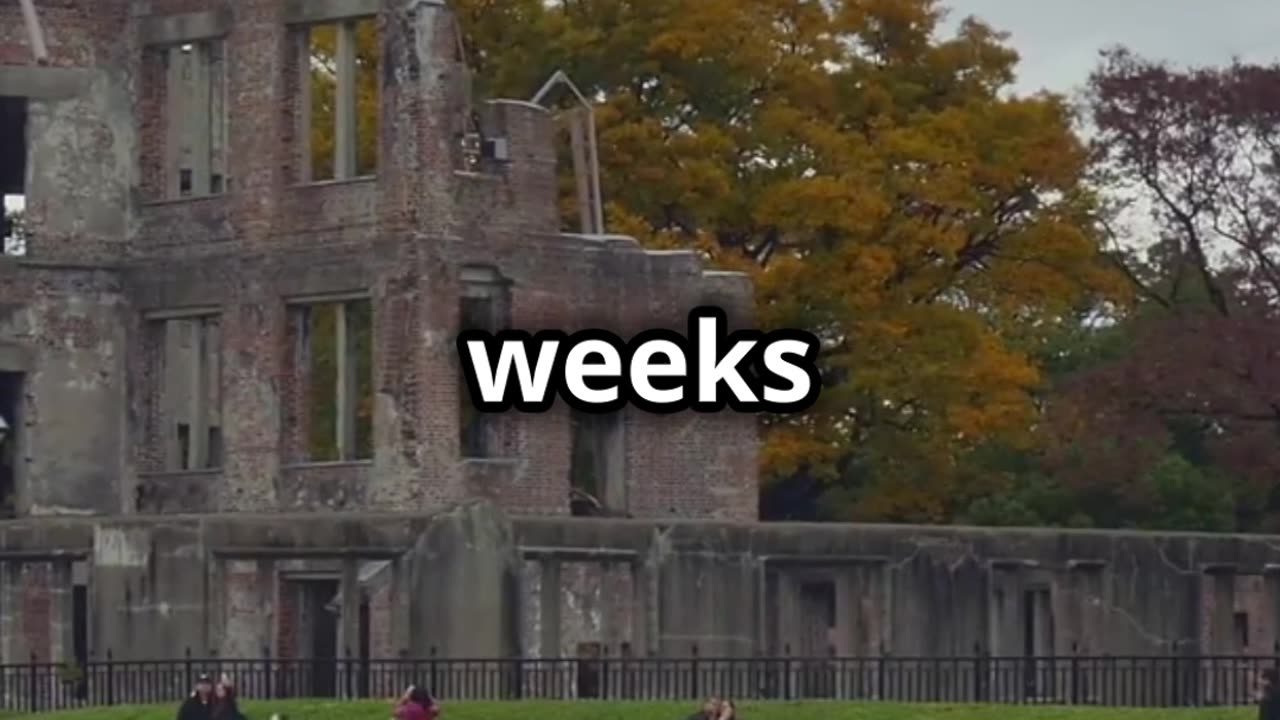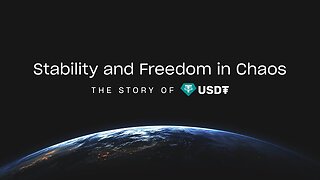Premium Only Content

The Atomic Bomb_ A Race Against Time
During World War II, a group of brilliant scientists assembled under the secretive Manhattan Project, tasked with developing the atomic bomb. Among them was J. Robert Oppenheimer, a physicist whose genius would lead to the creation of a weapon that changed the course of history. The project began in 1942, driven by fears that Nazi Germany might develop such a weapon first.
As the scientists immersed themselves in their work, they faced excitement intertwined with profound ethical dilemmas. They recognized that while the bomb could end the war, it also possessed the capacity for unprecedented destruction. Oppenheimer often grappled with the moral implications of their creation, famously quoting the Bhagavad Gita: "Now I am become Death, the destroyer of worlds."
In July 1945, the first successful test of the atomic bomb, codenamed "Trinity," took place in the New Mexico desert. The scientists celebrated their achievement, yet the joy was tinged with the grim realization of what they had unleashed. Just weeks later, on August 6 and August 9, the United States dropped atomic bombs on Hiroshima and Nagasaki, resulting in approximately 200,000 civilian casualties and forever altering the lives of survivors and Japanese society.
In the aftermath, many scientists struggled with guilt and responsibility for the devastation they had caused. Some, like Leo Szilard, became advocates against nuclear weapons, fearing an arms race and future conflicts.
The development of the atomic bomb underscores the duality of scientific progress: it can be a force for good or a harbinger of destruction. This story serves as a powerful reminder of the moral responsibilities that accompany scientific discovery, echoing through history as we navigate the complex relationship between technology and humanity.
-
 3:44:06
3:44:06
Rising Rhino
12 hours ago $11.89 earnedWashington Commanders Vs Philadelphia Eagles: NFL NFC Championship LIVE Watch Party
66.2K4 -
 13:00
13:00
Exploring With Nug
6 hours ago $1.11 earnedHe Went To Get A Haircut And Vanished WIthout a Trace!
44.1K2 -
 18:53
18:53
DeVory Darkins
1 day ago $8.09 earnedTrump JUST ENDED Mayor Karen Bass During HEATED Meeting
78.4K213 -
 21:06
21:06
Russell Brand
10 hours agoIT'S COMING
134K479 -
 21:26
21:26
Stephen Gardner
1 day ago🔥What JUST leaked out of Congress must be STOPPED NOW!
132K282 -
 53:25
53:25
tether
11 days agoStability and Freedom in Chaos: The Story of Tether USD₮ | Tether Documentary (USDT)
144K5 -
 56:44
56:44
VSiNLive
2 days agoFollow the Money with Mitch Moss & Pauly Howard | Hour 1
80.9K2 -
 36:50
36:50
Anthony Pompliano
2 days ago $16.44 earnedInvestors Are ALL-IN On Bitcoin
75.8K20 -
 32:19
32:19
SB Mowing
9 days agoA Backyard She’s NEVER Seen – Now Safe for the Kids to Play!
67.6K29 -
![[Day 26] CS Blast bounty baby](https://1a-1791.com/video/fwe2/8a/s8/1/Z/H/j/_/ZHj_w.0kob-small-Day-26-CS-Blast-bounty-baby.jpg) 2:09:11
2:09:11
ggezlol_tv
14 hours ago[Day 26] CS Blast bounty baby
98.9K3